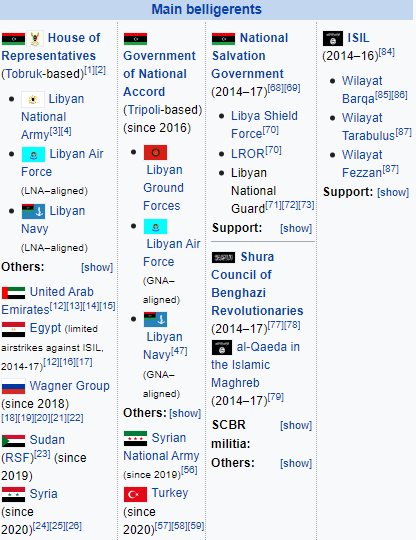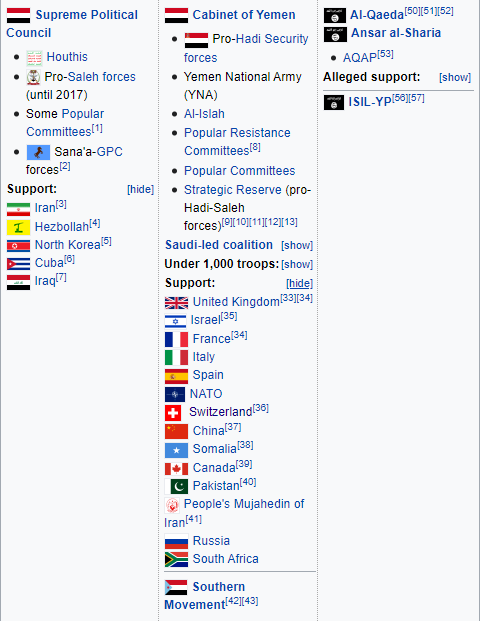
Pro-business ideology will be more effective if it recognizes that pro-market and pro-business are not the same thing.
Economics will gain more credibility if people understand that it's not propaganda for pro-business interests.
Economics will gain more credibility if people understand that it's not propaganda for pro-business interests.
https://twitter.com/Noahpinion/status/1319687136023461888
A good example of the difference between pro-business and pro-market is this paper by @arvindsubraman and @rodrikdani. They argue that pro-business policies of the 80s were more important than pro-market reforms of the 90s in driving India's growth surge.
imf.org/External/Pubs/…
imf.org/External/Pubs/…
And @jamesykwak's book "Economism" gives a good rundown of how pro-market economic theories were always a rather poor tool for advancing pro-business ideology.
amazon.com/Economism-Bad-…
amazon.com/Economism-Bad-…
Of course, economics is not pro-market in general either. A lot of economics deals with market failures and how to correct them.
And sometimes, correcting market failures might involve pro-business policies!
lse.ac.uk/international-…
And sometimes, correcting market failures might involve pro-business policies!
lse.ac.uk/international-…
So:
1. Econ isn't inherently pro-business or pro-market
2. Pro-business and pro-market ideas are very different, and sometimes they conflict
3. Sometimes the right policy is neither pro-business *nor* pro-market. Sometimes it's one or the other, and sometimes it's both.
(end)
1. Econ isn't inherently pro-business or pro-market
2. Pro-business and pro-market ideas are very different, and sometimes they conflict
3. Sometimes the right policy is neither pro-business *nor* pro-market. Sometimes it's one or the other, and sometimes it's both.
(end)
• • •
Missing some Tweet in this thread? You can try to
force a refresh










